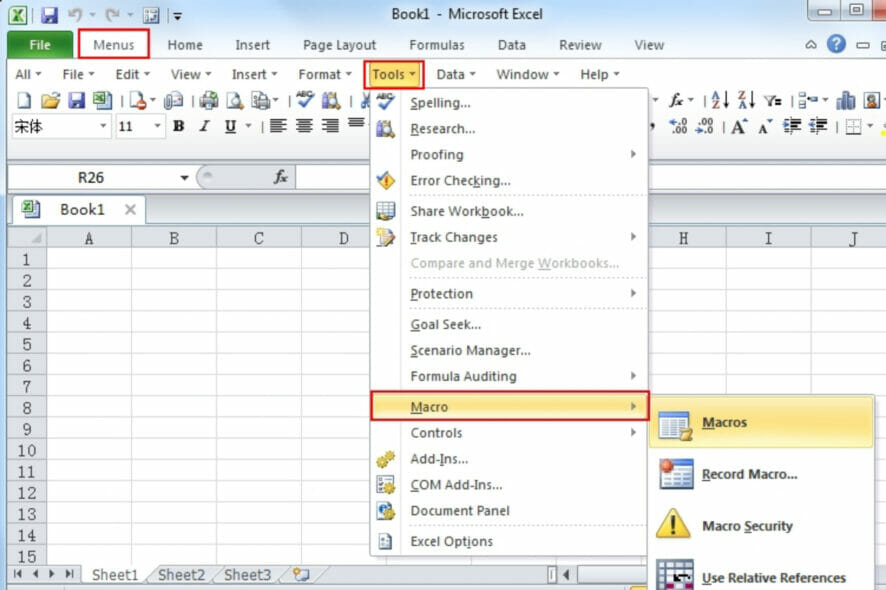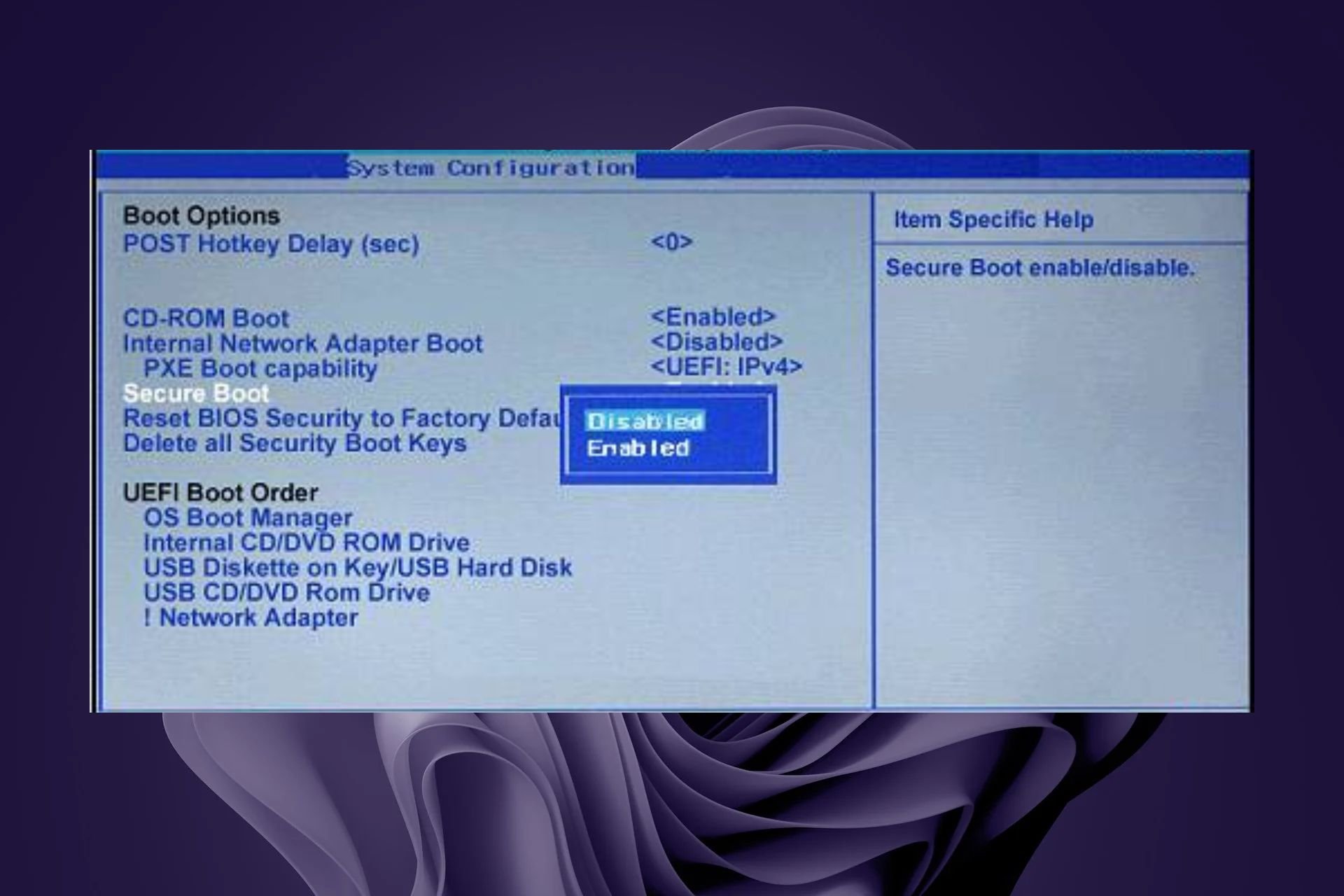Excel first in the line of defense against malware with the latest update
2 min. read
Published on
Read our disclosure page to find out how can you help Windows Report sustain the editorial team Read more
Key notes
- Microsoft Excel has taken steps to protect its users from malware by disabling macros.
- The software giant will soon prevent Excel users from opening untrusted Microsoft Query files.
- The change comes as other companies are also looking at ways to combat macro malware.

Microsoft’s Excel is a hugely popular app for Windows users, but it has long been exploited by malicious actors to spread malware via macros.
Now the company is making a big change that could make the software much safer. According to a blog post, Excel will now disable macros by default.
Consequently, Microsoft’s protection against macro-based malware will be enabled for everyone. This change may seem drastic at first, but Microsoft says that it is necessary in order to protect customers.
Useful but cumbersome
In Excel, a macro is a sequence of commands that can be recorded, sent to others and repeated without having to remember the details. It’s a valuable feature that allows people who aren’t programmers to automate repetitive tasks.
However, malware often uses macros to run its own commands. The change addresses that risk by requiring users to enable the recording of macros in order for them to run.
They can be used for good or evil. In a nutshell, whilst macros allow users to do helpful things such as fill out a spreadsheet automatically from a database of information, they also allow viruses and malware to spread from one computer to another.
The long history of abuse
Microsoft has been warning its users about the dangers of macro-based malware for years now, but the company has been taking a more proactive stance against such threats lately.
For end-users, the most important aspect of this update is the fact that users can now manage this restriction with both cloud policies and ADMX policies. Besides, they can completely block all usage of XLM macros, including in new user-created files, by enabling the Group Policy.
According to the information from the publication, Microsoft plans to block Excel users from opening untrusted Microsoft Query files with IQY, OQY, DQY and RQY extensions in an upcoming update.
You can also visit our dedicated Excel hub if you are experiencing any related problems.
Do you think the new update will enhance security while using Excel or make your work more tiring? Share your thoughts in the comment section below.








